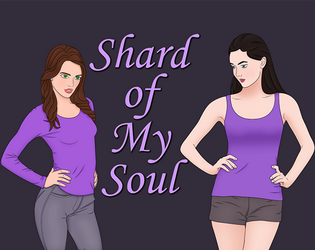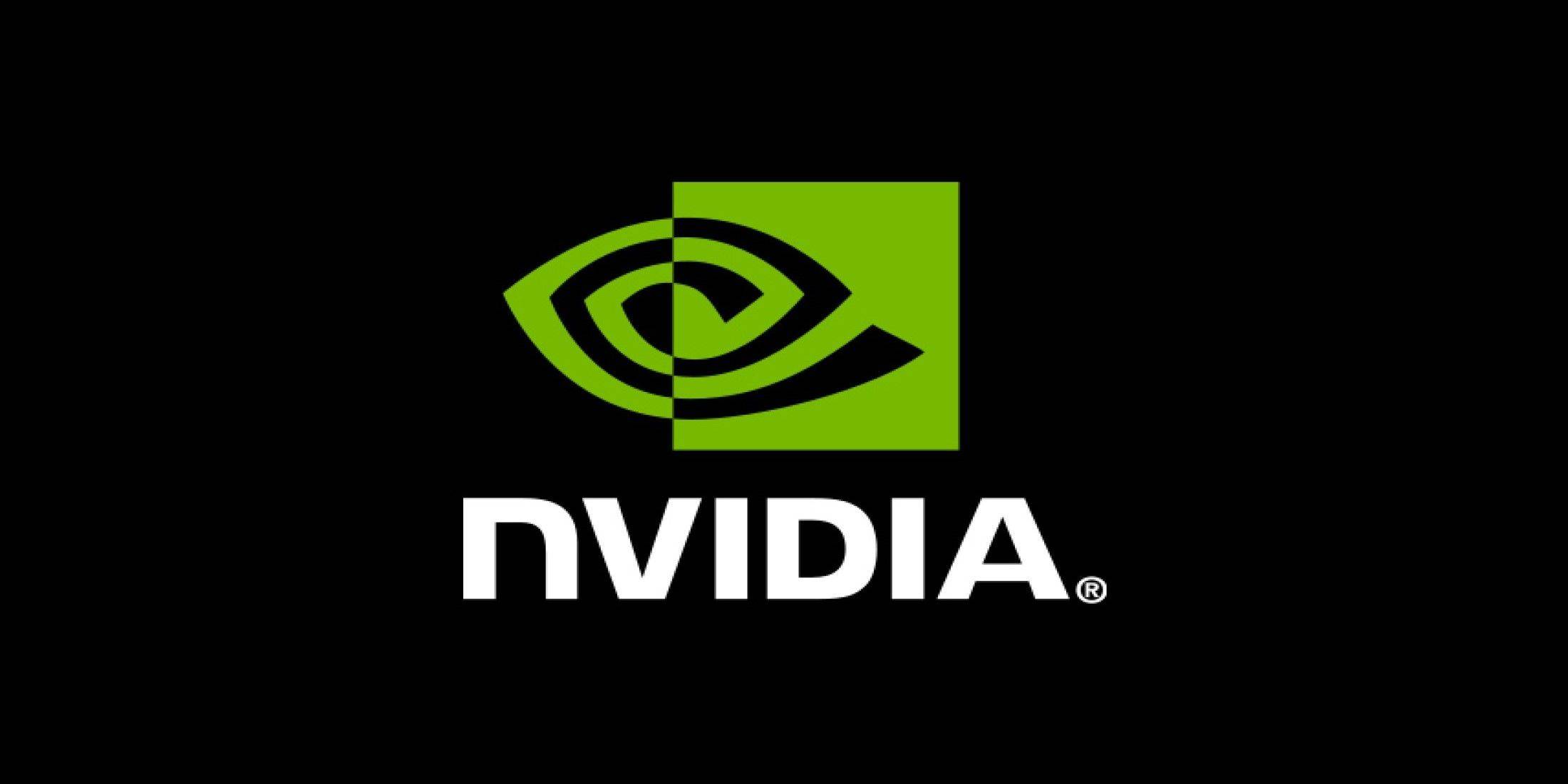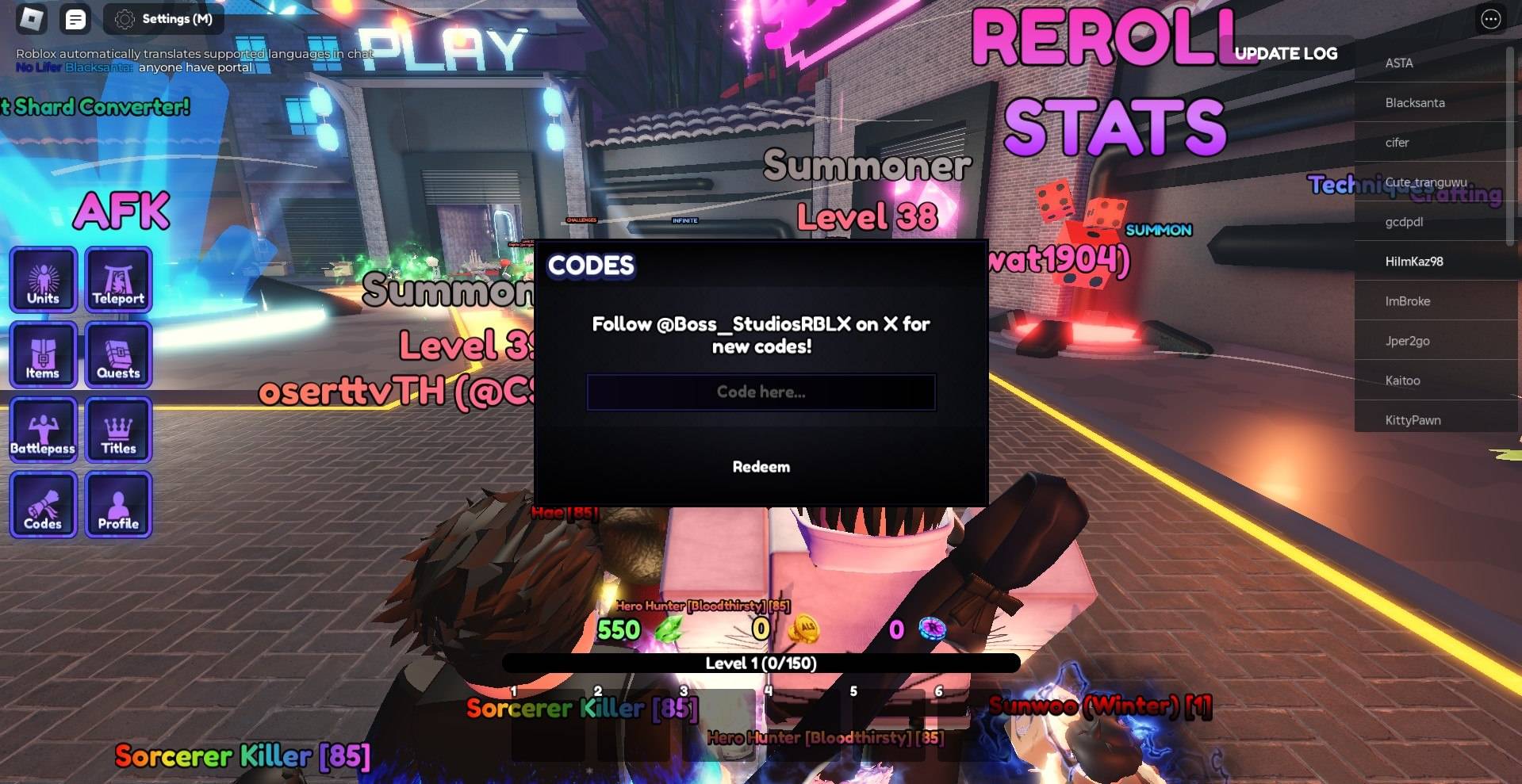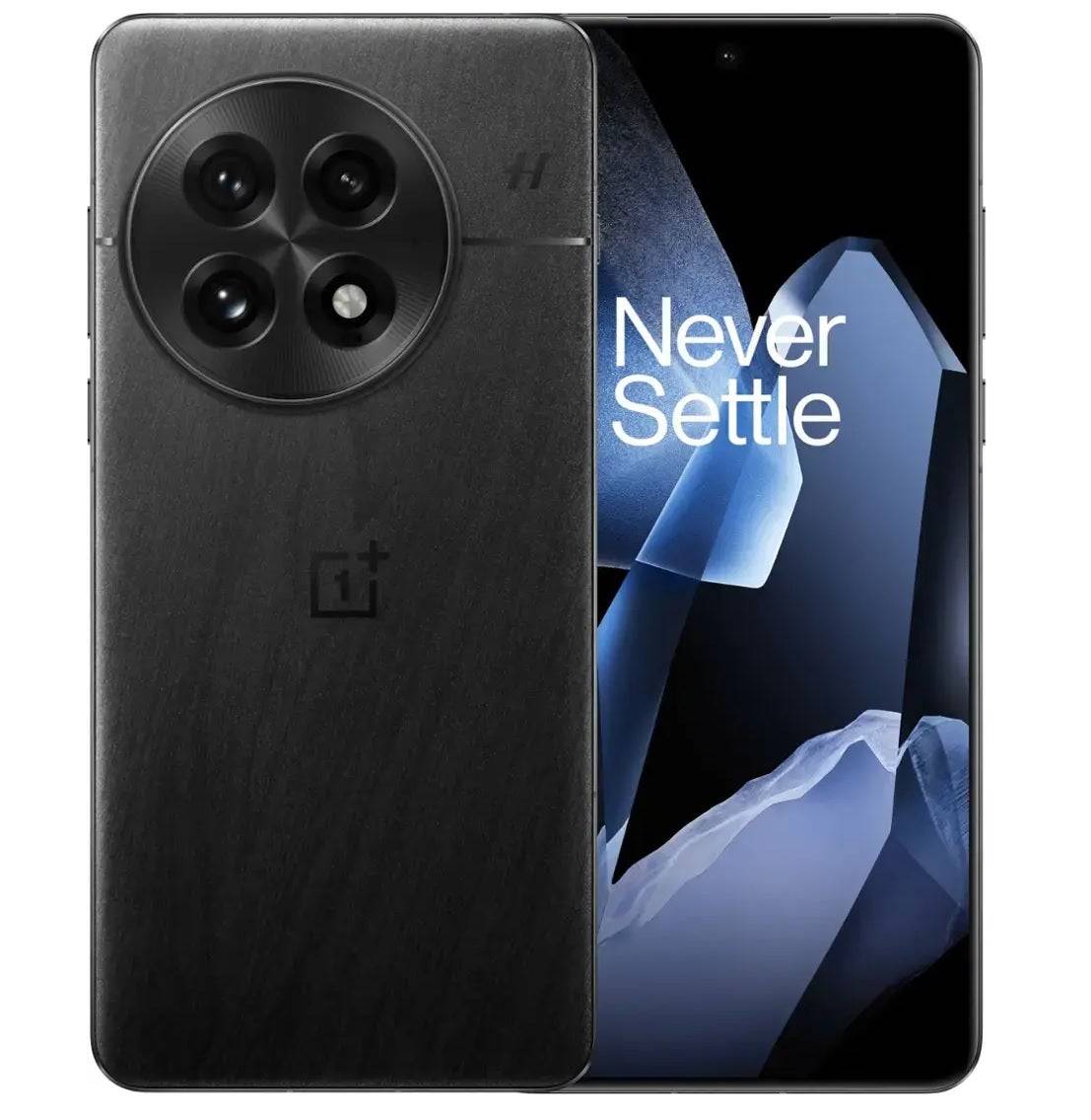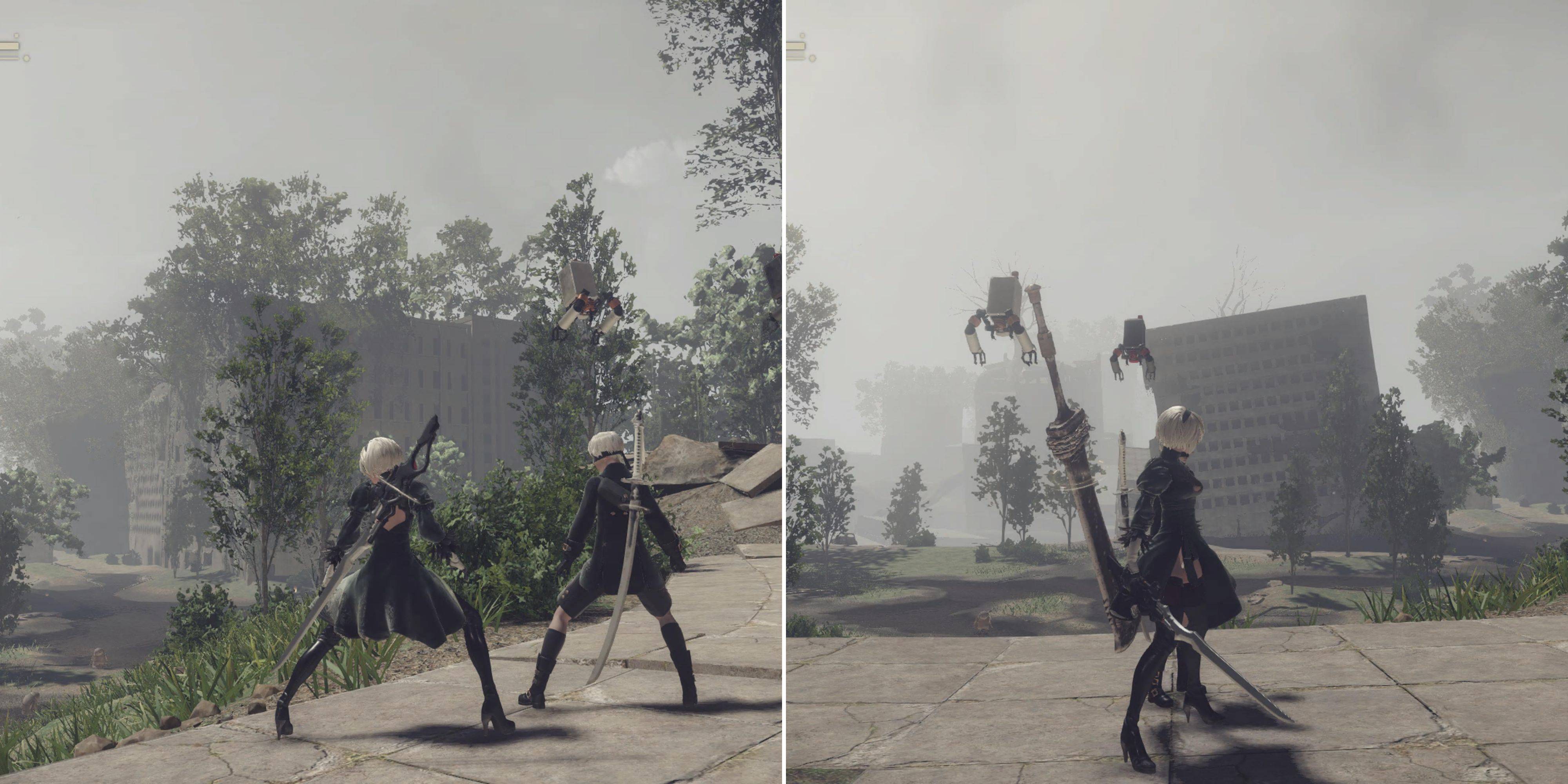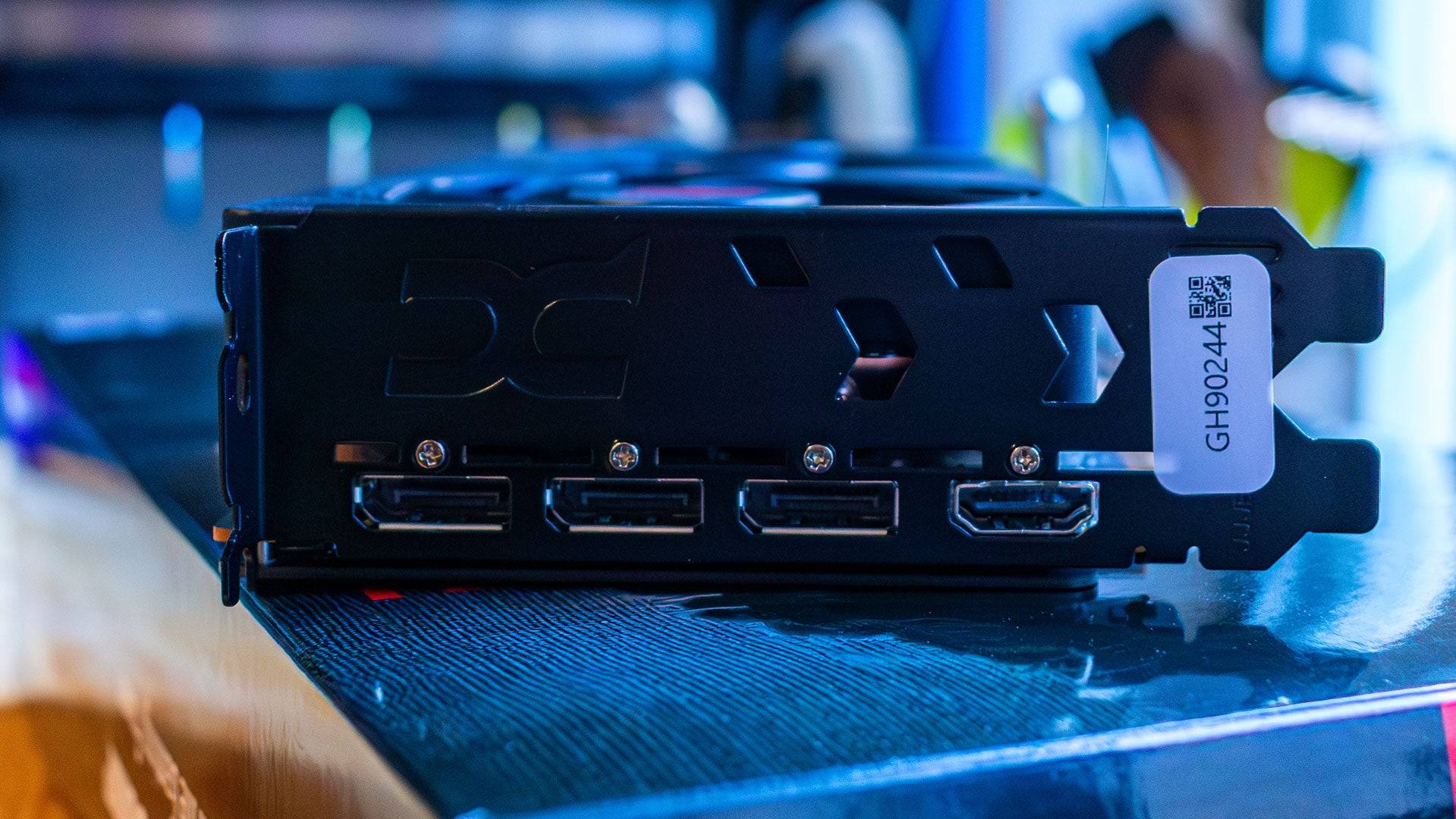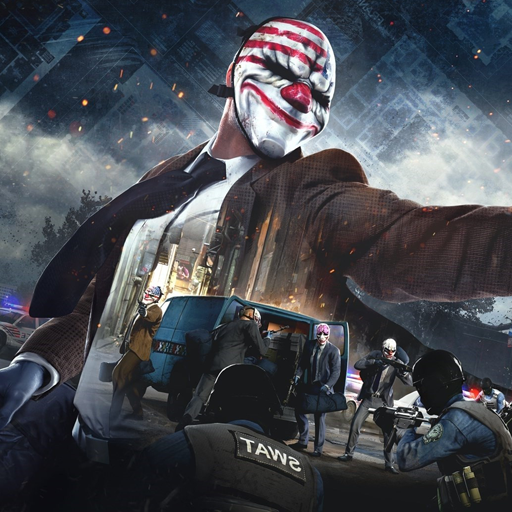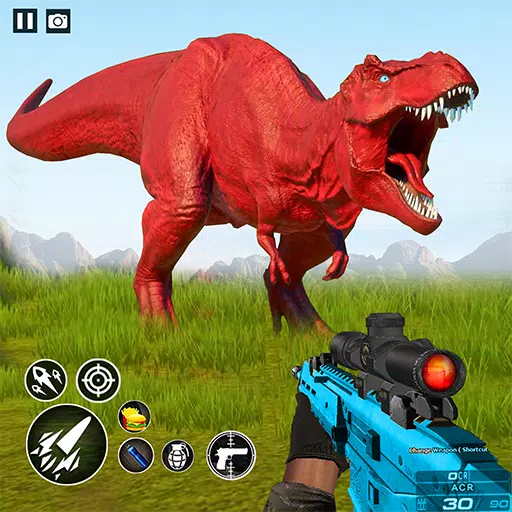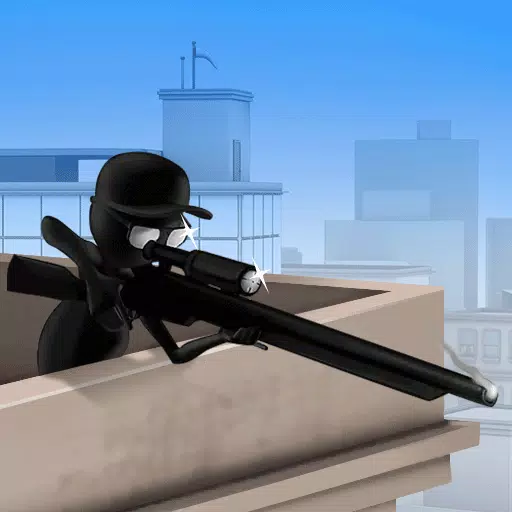SAG-AFTRA Says It's Still 'Frustratingly Far Apart' From Games Industry Bargaining Group on AI Protections
The Screen Actors Guild - American Federation of Television and Radio Artists (SAG-AFTRA) has recently updated its members on the ongoing negotiations regarding AI protections for video game actors. Despite some progress, the guild remains "frustratingly far apart" from the video game industry's bargaining group on several crucial issues.
SAG-AFTRA has provided a detailed chart highlighting the disparities between their proposals and those of the bargaining group, which represents major AAA gaming companies. Key points of contention include:
- Protection from AI Use: SAG-AFTRA seeks comprehensive protection from the use of digital replicas or generative AI for all work, not just future projects. The bargaining group's stance is more limited.
- Definition of "Digital Replica": The guild proposes that any performance, whether vocal or movement, "readily identifiable or attributable to" a performer should be considered a digital replica. In contrast, the bargaining group suggests "objectively identifiable," which SAG-AFTRA argues could exclude many performances.
- Inclusion of Movement Performers: SAG-AFTRA wants to include movement performers in the generative AI agreement, a point not addressed by the bargaining group.
- Terminology for AI-Generated Performances: The guild prefers "real-time generation," while the bargaining group uses "procedural generation," which SAG-AFTRA believes has a different implication in gaming.
- Disclosure Requirements: SAG-AFTRA demands transparency on whether an actor's voice will be blended with others for digital replicas or used in real-time chatbots, whereas the bargaining group's proposal lacks such clarity.
- Consent During Strikes: SAG-AFTRA's proposal allows for the withdrawal of consent for digital replica use during strikes, but the bargaining group wants to continue using them, even on struck games.
- Duration of Consent for Real-Time Generation: The guild suggests a five-year limit, renewable, while the bargaining group seeks unlimited consent.
- Compensation for Digital Replicas: There are significant disagreements on minimum payments for digital replica creation and use, though tentative agreements have been reached on bonus pay calculations.
- Bonus Rights for Employers: The bargaining group's proposal, similar to the SAG-AFTRA TV/Film agreement, would grant employers additional rights in exchange for a premium, which SAG-AFTRA finds too broad and potentially circumventing union rights.
- Tracking Digital Replica Use: SAG-AFTRA wants a system to monitor digital replica usage to ensure fair compensation, a proposal the bargaining group deems unfeasible.
- Regulation of Synthetic Performers: Specific definitions and regulations for characters created entirely by generative AI systems are also under dispute.
Despite these differences, tentative agreements have been reached on several other issues, including bonus pay, dispute resolution, certain minimum compensation elements, consent requirements, and some disclosures. However, SAG-AFTRA's leadership, including national executive director and chief negotiator Duncan Crabtree-Ireland, has expressed concern that the bargaining employers are misrepresenting the proximity to a deal.
Crabtree-Ireland emphasized the ongoing impact of the strike, noting that employers are feeling pressure as projects stall and are attempting to fill roles with non-union performers. He warned members against undermining the strike by accepting such roles, highlighting the risks of working without AI protections.
In response, Audrey Cooling, spokesperson for the video game industry bargaining group, stated that they have offered significant wage increases, enhanced health and safety protections, and industry-leading terms for AI digital replicas, expressing eagerness to return to negotiations.
The SAG-AFTRA video game strike, now in its eighth month, was triggered by disagreements over AI provisions, despite agreement on 24 out of 25 other contract proposals. The strike's effects are becoming increasingly visible, with games like Destiny 2 and World of Warcraft showing unvoiced NPCs, and incidents such as Riot's alleged attempt to subvert the strike by canceling a game, and Activision recasting characters in Call of Duty: Black Ops 6. Most recently, two Zenless Zone Zero voice actors discovered their replacement through the game's latest patch notes.
Latest Articles

![1xBet [Updated]](https://imgs.yx260.com/uploads/76/1719623227667f5e3be7616.jpg)


